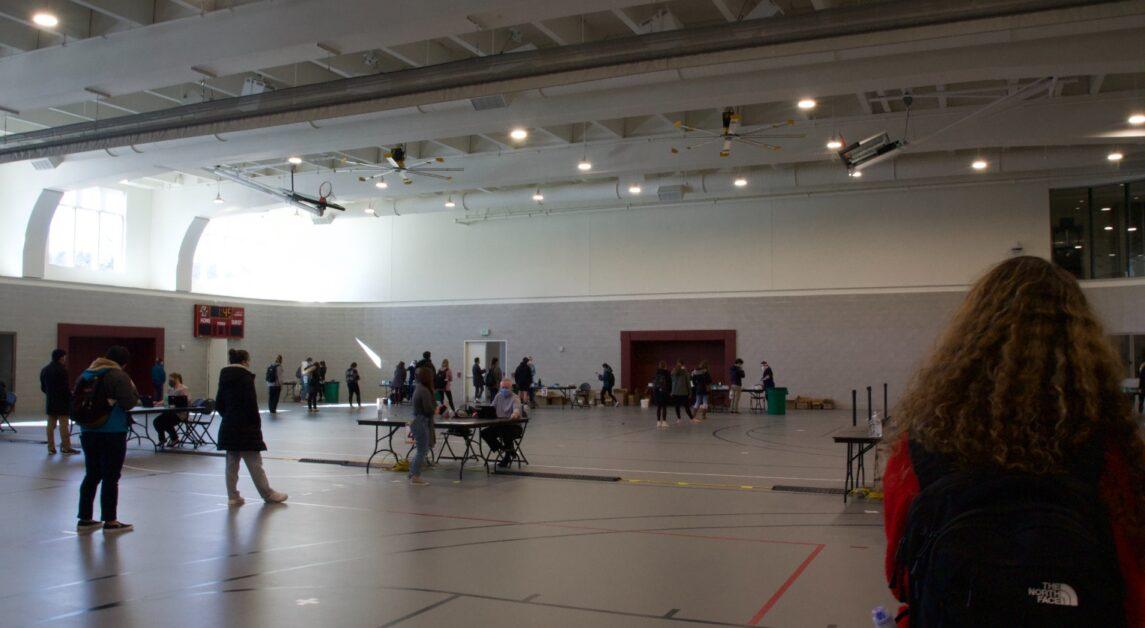“Over the course of this semester, we’ve seen an unacceptable level of non-compliance with this mandatory requirement,” the email reads.
Students who do not comply with testing will be subject to housing and University suspensions, other status sanctions, and privilege restrictions—which will limit their ability to attend campus events—in addition to account holds and suspended Canvas accounts.
Privilege restrictions will include not being allowed to register guests or attend ticketed events on campus, as well as constraints of future housing privileges, according to the email. For the Class of 2022, students who do not comply may face restrictions on access to senior week activities.
Cooper-Gibson previously sent an email to students on Oct. 14 urging them to comply with COVID-19 testing and informing them of possible disciplinary actions.
“In order to help maintain the health and safety of the BC community and the neighborhood around us, your participation in required COVID-19 asymptomatic surveillance testing is of the utmost importance,” Cooper-Gibson wrote in Tuesday’s email.
The University reported 14 undergraduate cases of COVID-19 out of 1,863 undergraduate tests since Sunday, a positivity rate of 0.75 percent. There are 21 undergraduate students in isolation as of Monday, with seven in isolation housing and 14 recovering at home.
This semester, the University has reported an undergraduate positivity rate of 0.29 percent, with 273 undergraduates testing positive out of 93,043 tests.
“As a member of the BC community, it is critical that you do your part to help keep our community safe and healthy,” Cooper-Gibson wrote. “This is particularly important as we have entered the cold weather season and many of our activities have moved indoors.”
Testing is an important part of maintaining in-person classes and residential experiences for students at BC, according to the email. Testing is also an important part of keeping the University and surrounding areas safe, Cooper-Gibson said.
“As men and women for and with others, we all must do our part to help maintain the health of BC and surrounding communities,” Cooper-Gibson wrote.
Featured Image Courtesy of Nicole Vagra / Heights Staff













